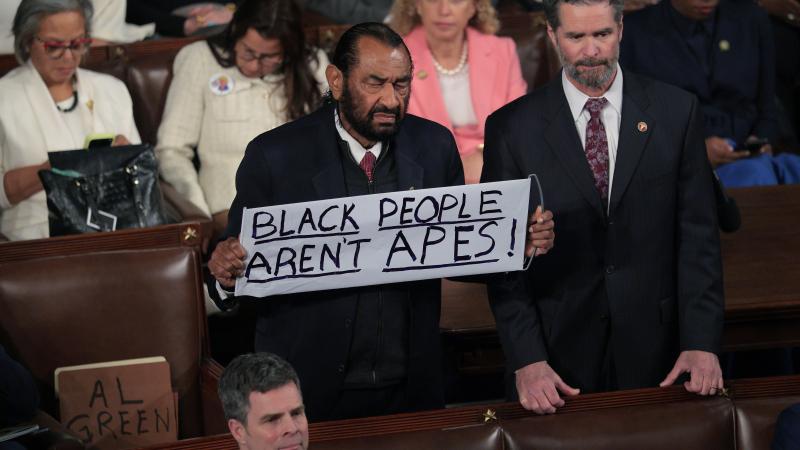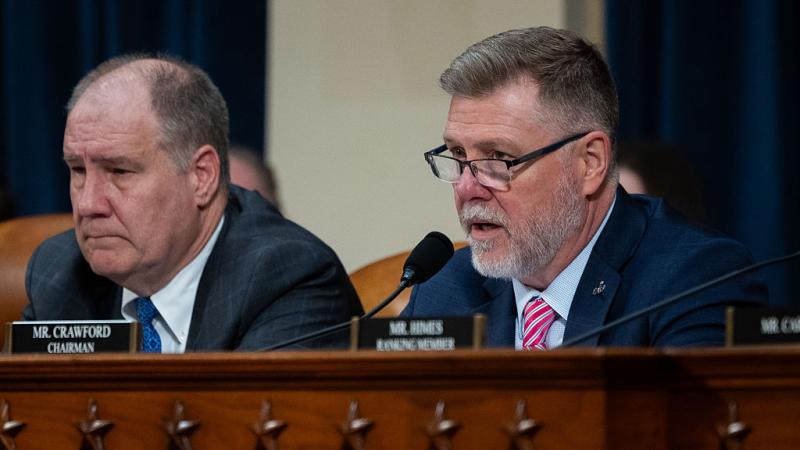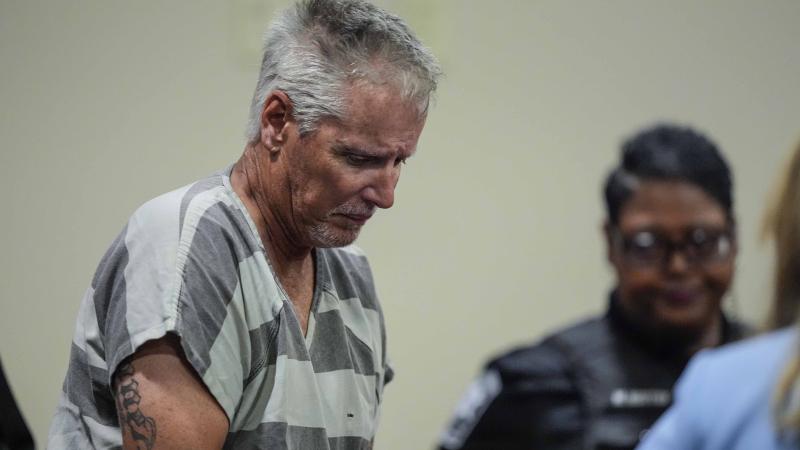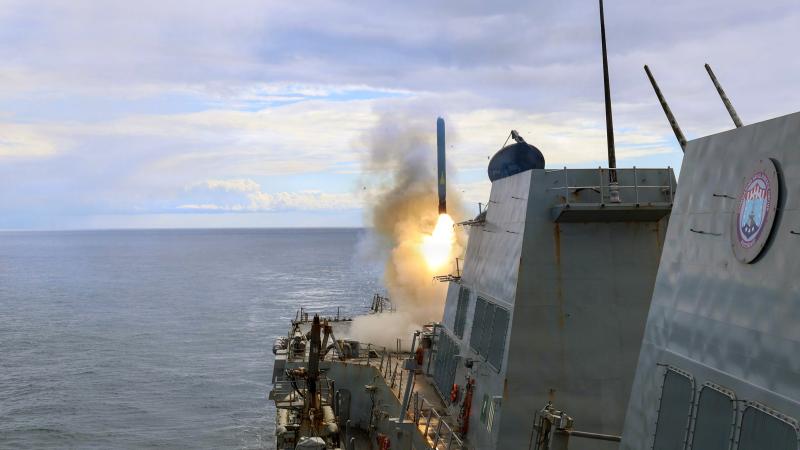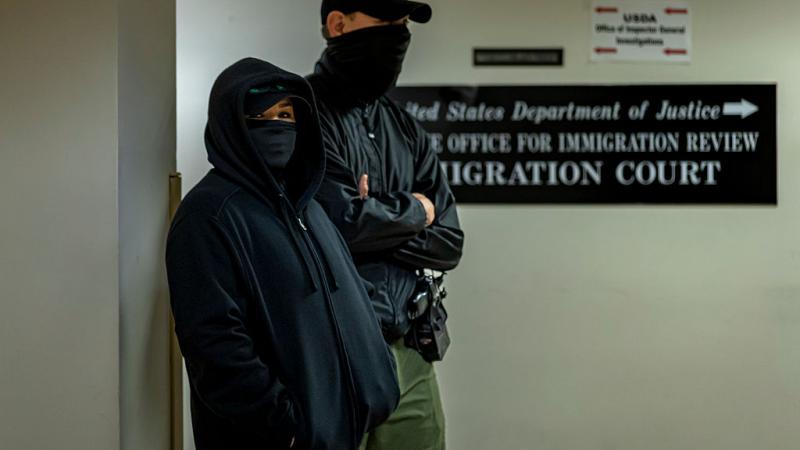Paper size, mentions of allies provide early clues in stunning classified document leak
Documents mostly come from briefings with allies on Ukraine war and were printed on paper commonly used in Europe
U.S. spies trying to determine who leaked highly classified U.S. memos on the Ukraine war and American spying on allies have some powerful early clues on possible perpetrators ranging from the dates of the documents to the type of paper they were printed on.
Officials confirmed to Just the News that several of the documents appear to have been printed on A4-sized paper, the European equivalent of 8.5 x 11 copy paper in the United States.
"There are a lot of anomalies in what's been printed and reported in the public record, for example the idea that the copies that you would have seen pictures of were copied from copy machines on A4 paper, which is the European equivalent of our 8.5 x 11," former National Security Advisor John Bolton said on the John Solomon Reports podcast.
"Now, that could have been done in the United States," he continued. "We have A4 paper here, but it certainly is a little strange to think of A4 paper being used at the Pentagon. Is that going to turn out to be significant or not? We don't know. That's just a tiny example of how complex this investigation could be."
Daniel Hoffman, the CIA's former Moscow station chief and one of its premier spymasters, said another clue was that the documents that were leaked were embarrassing to specific U.S. allies, which suggests a foreign adversary may have been eager to drive a wedge between the U.S. and its allies.
"There's the piece about spying on Ukraine," Hoffman told the podcast, citing examples of the documents. "There's South Korea providing us with artillery for onward passage to Ukraine, which is a violation of their law. That's a problem for them. There's Turkey providing weapons/selling weapons to the Wagner Group. That's a big problem with a NATO ally. There's the Israel Mossad, the leadership allegedly encouraging their officers to go protest. The Israelis denied that, but that's a problem."
This puts the State Department in a lose-lose situation, according to Hoffman.
"The problem for us is even if none of that stuff is true, it just kind of takes on a force of its own, and it's the first story that is out there," he said. "And even if you try to debunk it, if you're in the State Department, you've lost already."
Fox News quoted sources saying the documents looked like they may have been leaked outside of the Pentagon based on their dates, which correspond to briefing dates for certain allies.
This week, 53 documents have been posted online, with the majority of them being dated Feb. 23 and March 1. If the documents are printed, investigators have the ability to track their provenance since the pages have to run through secure printers that are usually numbered.
Rep. Ralph Norman (R-S.C.) confirmed Tuesday on the "Just the News, No Noise" television show that the leak occurred in January but wasn't discovered until April.
"The docs were initially posted online in January," he said. "The government was unaware until April 5. This is one of the biggest breaches we've had in the history of the country. It detailed the war in Ukraine. It had communications about the United States allies and about our penetration of Russian military plans. And it's very serious."
Norman proceeded to blast the Biden administration, saying its priority was going woke, not keeping the country safe.
"Look at the focus of this administration," he said. "It's been woke. It's been the Green New Deal. It hasn't been keeping this country safe. This latest security breach is dangerous."
Bolton said this could be one of the most serious breaches in U.S. history if it did come from Pentagon sources.
"If this information did come from what looked to be primarily Pentagon sources, primarily about the war in Ukraine, it's the most serious breach in a long time," he said.
Bolton fears the lack of harsh punishment for past leakers like Chelsea Manning and hackers like Russia's Cozy Bear unit may be emboldening a new generation of breaches.
"I don't think there's any question we haven't done enough over the years," he said.
"It really strikes me as one of our worst setbacks in a long, long time," he concluded.


